A reason for Model UN
SRI LANKA ROTARACT MODEL UNITED NATIONS
The first-ever United Nations Simulation attempt with implementations
CommitteesTimelineRotaract Mora Model United Nations is implemented by Rotaract Club of University of Moratuwa. It hosts a vast number of subprojects. Sri Lanka Rotaract Model United Nations is the largest subproject driven by RMMUN.
Date
Saturday , 10th February 2024
Time
07:00 AM onwards
Location
University of Moratuwa, Sri Lanka
Committees
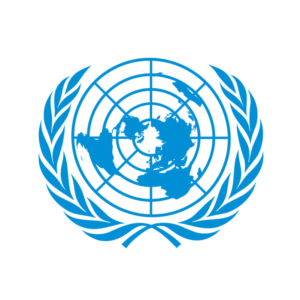
UNITED NATIONS
GENERAL ASSEMBLY 4
The United Nations General Assembly Fourth Committee also knows as the Special Political and Decolonization Committee considers a broad range of issues covering a cluster of five decolonization-related agenda items, the effects of atomic radiation, questions relating to information, a comprehensive review of the question of peacekeeping operations as well as a review of special political missions, the United Nations Relief and Works Agency for Palestinian Refugees in the Near East (UNRWA), Israeli Practices and settlement activities affecting the rights of the Palestinian people and other Arabs of the occupied territories, and International cooperation in the peaceful uses of outer space.
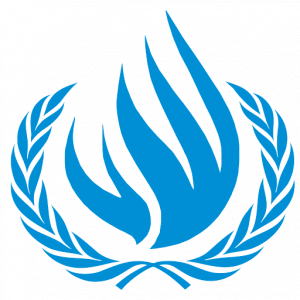
UNITED NATIONS
HUMAN RIGHTS COUNCIL
The United Nations Human Rights Council is a key international body responsible for promoting and protecting human rights globally. Established in 2006 by the UNGA to replace the previous UNCHR, the council has 47 members elected for 3 year terms on a regional group basis. The council investigates allegations of breaches of human rights in UN member states and addresses thematic human rights concerns and makes recommendations to enhance protection and promotion of human rights. It plays a crucial role in advancing the UN’s commitment to universal human rights principles.
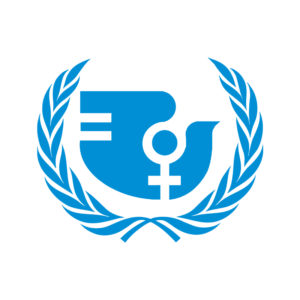
UNITED NATIONS COMMISSION ON THE STATUS OF WOMEN
The Commission on the Status of Women is a key global intergovernmental body dedicated to the promotion of gender equality and empowerment of women. A functional commission of the Economic and Social Council (ECOSOC), it was established in 1946 by ECOSOC resolution 11(II) and plays a crucial role in shaping international standards on gender equality, documenting the reality of women’s lives throughout the world and monitoring the implementation of the Beijing Declaration and Platform for Action. During its annual two-week session in New York, representatives from UN Member States, civil societies and UN entities discuss progress, gaps and emerging issues related to gender equality and empowerment of women. The Outcomes and recommendations of each session are forwarded to ECOSOC for follow-up actions.
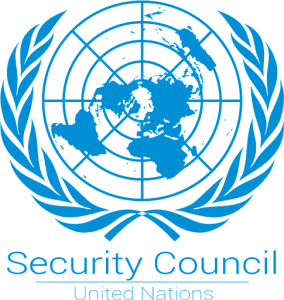
UNITED NATIONS
SECURITY COUNCIL
The United Nations Security Council is a principal organ of the United Nations responsible for maintaining international peace and security. Established in 1945, the UNSC consists of 15 member states with 5 being permanent and 10 elected by the UNGA for a 2 year term.
Its primary responsibility is maintaining international peace and security. Other functions include amending the UN charter and granting membership to new member states. Wielding legislative, executive and judiciary powers, it has the authority to impose sanctions, authorize peacekeeping missions, and take military action in response to threats or aggression. Resolutions passed by the UNSC are legally binding on all member states after diplomatic means for dispute settlement have been explored.
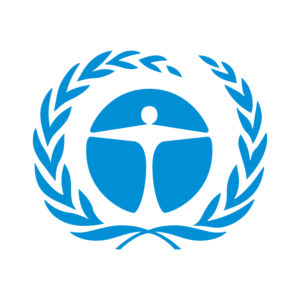
UNITED NATIONS
ENVIRONMENT PROGRAMME
The United Nations Environment Programme, founded in 1972, is a UN agency promoting global environmental protection. With 193 member states, it focuses on sustainable development, climate change, biodiversity loss and pollution. UNEP provides funding and expertise, facilitates international cooperation, and administrates environmental agreements. Through research, it informs decision making for a greener future.
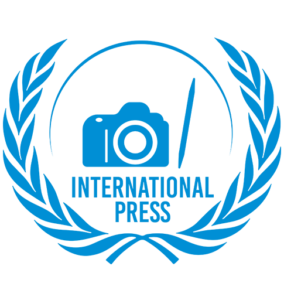
INTERNATIONAL PRESS CORPS
In the midst of the intense debate and resolution-making at a typical MUN conference, the International Press Corps (IPC) gives a unique perspective to the world of diplomacy. Unlike the usual committees made up of delegates who represent countries, IPC comprises a team of journalists who are each assigned a well-known news agency.
IPC delegates are required to not only report on the committee proceedings but also analyze the debate that takes place and submit a news article at the end of the day before the deadline. They are free to choose any news angle they wish given that it does not deviate from the mandate of their respective agency. They are also expected to verify the arguments made during the committee session, capture photographs to support their article and interview a particular delegate or Chair for a quote. Additionally, they have the liberty to use technology throughout the conference to assist their writing.
Country Matrix
Powered By EmbedPress
Timeline
Agenda
Committee Agenda
07:00 – 07:30
07:30 – 08:30
08:45 – 09:00
09:00 – 10:00
10:00 – 12:00
12:00 – 13:00
13:00 – 14:30
14:30 – 16:30
18:00 – 20:00
Registrations
Opening Ceremony
Session starts
Speakers List
Moderated Caucus
Unmoderated Caucus
Lunch Break
Resolution Debate
Closing Ceremony
IPC Agenda
5th February
17:30 – 19:30
Press Statement Writing
10th February
07:00 – 07:30
07:30 – 08:30
08:45 – 12:15
12:15 – 13:00
13:00 – 14:15
14:15 – 14:30
14:30 – 16:30
16:30 – 17:00
18:00 – 20:00
Registrations
Opening Ceremony
Committee Session and Individual Article Writing
Submission of Individual Articles
Lunch Break
Brief of Group Assignment
Group Task
Group Task Submission
Closing Ceremony